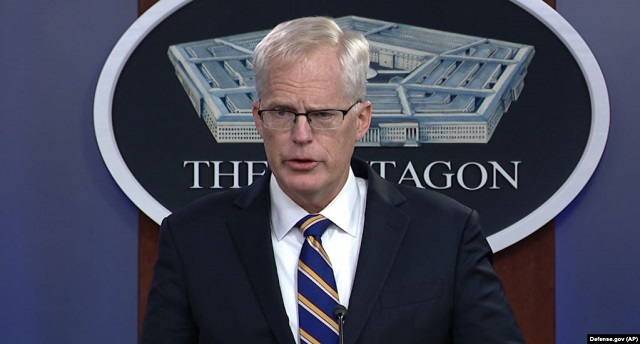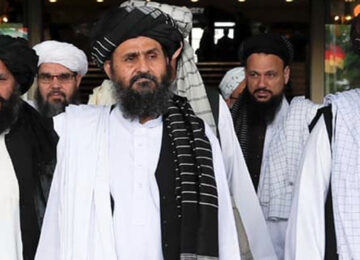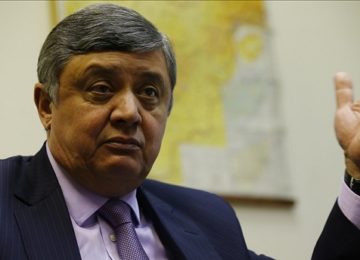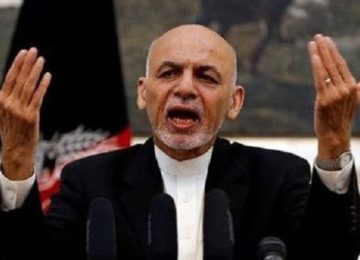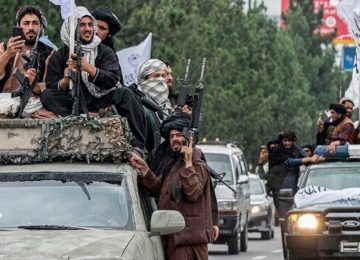December 24, 2020

US’ Acting Secretary of Defense – Christopher Miller landed in Kabul on December 22, its appears that his visit would expedite the process of US troops drawdown. The visit came in the continuation of Trump administration’s announcement of troops drawdown in Afghanistan, by mid-January, 2021. During his visit, the Secretary leading a high-level delegation met with the Afghan President – Ashraf Ghani, Vice President Amrullah Saleh and a number of other Afghan government officials.
The Secretary’s visit also follows the US Joint Chiefs of Staff – General Mark Milley’s meeting with Taliban delegation in Doha and President Ashraf Ghani in Kabul. Both of the visits, stressed the need on reducing the violence, which has been escalating despite the ongoing peace process. US has been eager to withdraw its troops from Afghanistan, contingent upon the cessation of violence in Afghanistan.
President-elect Joe Biden’s nomination of retired Gen. Llyod Austin as his Defense Secretary, reflects the resolve of troops withdrawal. As General Austin oversaw the withdrawal of 150,000 US’ troops from Iraq, in 2011, Biden expect him to do the same in Afghanistan. However, Biden has also voiced the idea of leaving a small number of troops behind, to combat terrorist groups.
Meanwhile, the Taliban delegation, in the aftermath of the breakthrough agreement on the rules and procedures for intra-Afghan peace talks, paid a three-day visit to Pakistan. The recurrent theme from the visit has also been the commitment to peace and reduction in violence. Yet, the violence level is on the rise in Afghanistan. The entire situation has ushered into a conundrum, where on one hand, there is a talk of peace. On the other, the deteriorating security situation puts a question mark in front of the peace talks and troops’ downsizing in Afghanistan.
Tooba Altaf is an International Relations graduate while working as a Researcher at the Center for Research and Security Studies (CRSS), Islamabad.
© Center for Research and Security Studies (CRSS) and Afghan Studies Center (ASC), Islamabad.



